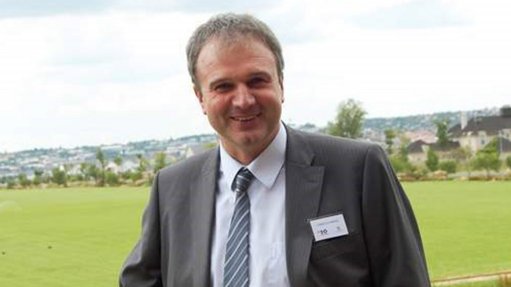
PCSA MD Francis Harnie
Peugeot Citroën South Africa (PCSA) was “fighting as a team” to secure local assembly of the Peugeot 301 in South Africa, said PCSA MD Francis Harnie on Wednesday.
Addressing a media briefing in Johannesburg, he said the entry-level sedan was only available in left-hand drive at the moment, and that PCSA wanted the opportunity to produce the right-hand-drive version for South Africa and a number of export markets.
Harnie said the vehicle – “somewhere between an Etios and a Corolla” – had proved popular in Northern Africa and Eastern Europe.
The vehicle was targeted at developing markets more than developed markets.
Harnie said the vehicle “was ideal for South Africa”.
He also noted that while there existed only a Peugeot product on this particular platform, it was possible to also develop a Citroën model.
Assembly in South Africa could be completely knock-down assembly, or less capital intensive semi-knockdown (SKD) assembly. It was also possible to establish a global right-hand-drive dash plant in South Africa for the 301.
Harnie said PCSA’s parent company, in Paris, was meeting on Wednesday to mull the option of assembling the sedan in South Africa.
“A decision is to be made in two, three weeks maximum. We are lying in pole position.”
Harnie said a positive response from France would mean that assembly of three models could start in 2015 or 2016.
“We are negotiating with candidates to build the 301 locally.”
The proposed multimodel vehicle assembly plant in East London, in the Eastern Cape, was one option, he added, but noted that there was no infrastructure on the ground yet, and that it would take time to produce the required infrastructure.
He said the project could start with SKD assembly for a few years, and then migrate to East London.
Production volumes were estimated at around 7 000 to 15 000 units a year, with 4 000 to 5 000 of these destined for the local market.
Although this was short of the 50 000-a-year threshold to qualify for significant benefits under government’s Automotive Production and Development Programme (APDP), Harnie said the APDP did allow for smaller players to grow their volumes.
He said the APDP, was “very interesting”, and devised by some “very clever guys”.